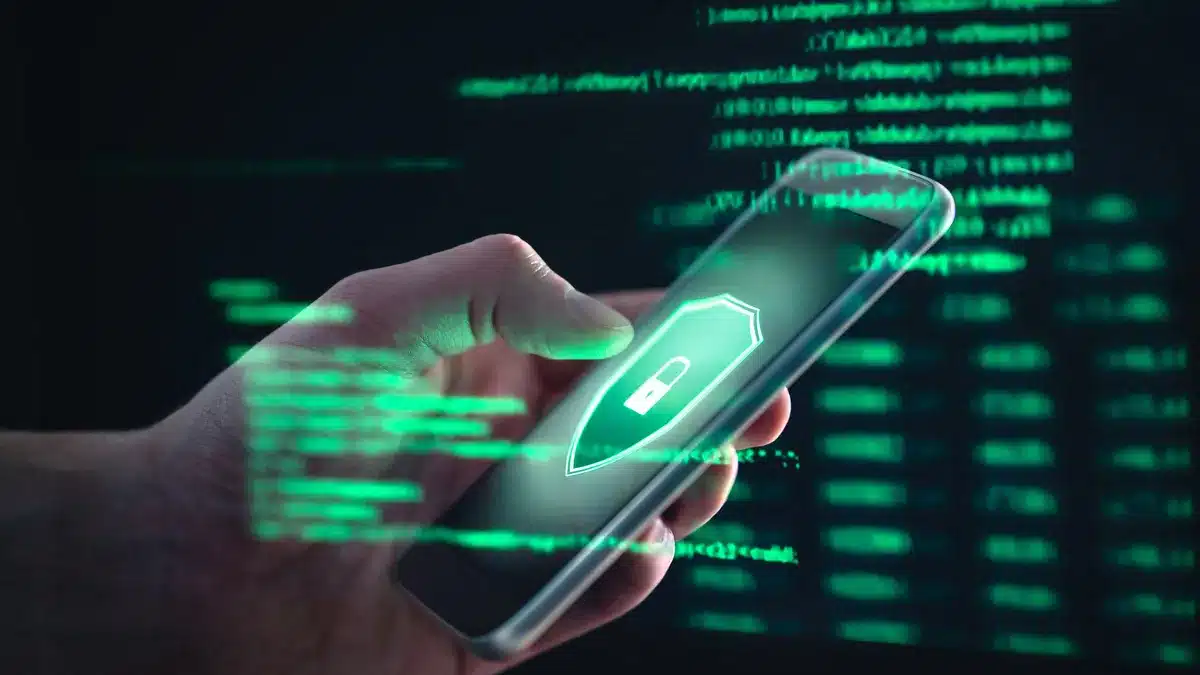Combat Burnout and Security Risks with Minimalist, Privacy-Centric Smartphones

Employee burnout has reached alarming levels, with a recent survey revealing that 42% of desk-based workers worldwide feel “burned out.” This phenomenon is largely attributed to the pervasive smartphone culture that blurs the lines between work and personal life. As employees grapple with constant connectivity, the consequences include chronic exhaustion, cynicism, and diminished job performance. The challenge lies in managing the digital tools that, while intended to enhance productivity, often lead to increased stress and decreased focus.
Impact of Smartphone Culture on Work-Life Balance
The rise of smartphone usage has significantly impacted work-life balance, contributing to employee burnout. Research indicates that heavy use of smartphones outside of regular working hours disrupts the boundaries between professional and personal life. Employees frequently find themselves inundated with emails, messages, and notifications, making it difficult to mentally disengage from work. This constant connectivity hampers mental recovery, leading to chronic exhaustion and a sense of cynicism towards their roles.
Moreover, the productivity paradox emerges as employees report feeling less focused despite the availability of digital tools designed to enhance efficiency. The overwhelming number of apps and notifications can create what experts refer to as “technostress,” where the very technologies meant to facilitate work instead lead to distraction and decreased productivity. As a result, many workers are left feeling overwhelmed and unable to concentrate, further exacerbating feelings of burnout.
Cybersecurity Risks Linked to Personal Devices
In addition to wellness concerns, the excessive use of personal smartphones poses significant cybersecurity risks for businesses. A recent survey highlighted that compromised mobile applications on employees’ personal devices are among the fastest-growing security threats. Many organizations have learned the hard way about the vulnerabilities associated with “Bring Your Own Device” (BYOD) policies. Unlike company-issued devices, personal smartphones often contain numerous third-party applications that may harbor malware or trackers.
Security professionals warn that even widely used apps can pose risks, as they may collect sensitive data without users’ knowledge. For businesses, the consequences of a single compromised app can be severe, potentially leading to unauthorized data access and compliance violations. In Europe, these risks are compounded by stringent privacy regulations like the GDPR, which imposes hefty fines for data breaches. Research indicates that a significant percentage of mobile apps contain multiple trackers, often transmitting data to regions lacking adequate privacy protections, leaving companies vulnerable to legal repercussions.
Adopting Privacy-Focused Mobile Solutions
To address these challenges, businesses are encouraged to consider adopting privacy-focused mobile devices. These minimalist smartphones are designed to prioritize essential communication while limiting access to potentially harmful applications. By providing employees with devices that restrict unnecessary features and enhance privacy controls, companies can mitigate the risks associated with personal smartphones.
These devices can operate within “privacy bubbles,” allowing communication without compromising the entire device’s security. By minimizing the typical surveillance model of smartphones, employees can remain productive without the constant anxiety of data breaches. Furthermore, a more controlled app environment reduces the potential for malware and phishing attacks, creating a safer digital workspace.
From a policy perspective, organizations can distribute these privacy-focused devices as alternatives to BYOD, regaining control over mobile endpoints and data storage. Early evidence suggests that this approach fosters a healthier digital culture, encouraging employees to unplug after work hours and reducing the likelihood of burnout. IT departments also benefit from a uniform fleet of secure devices, minimizing the risk of data leakage.
The Benefits of Digital Minimalism in the Workplace
Embracing digital minimalism through privacy-focused devices offers a dual advantage for organizations. Not only does it help alleviate digital burnout by reducing distractions, but it also strengthens cybersecurity by limiting exposure to rogue applications and trackers. Companies that adopt this strategy can enhance their security posture while fostering a more focused and satisfied workforce.
Observer Voice is the one stop site for National, International news, Sports, Editor’s Choice, Art/culture contents, Quotes and much more. We also cover historical contents. Historical contents includes World History, Indian History, and what happened today. The website also covers Entertainment across the India and World.
Follow Us on Twitter, Instagram, Facebook, & LinkedIn

